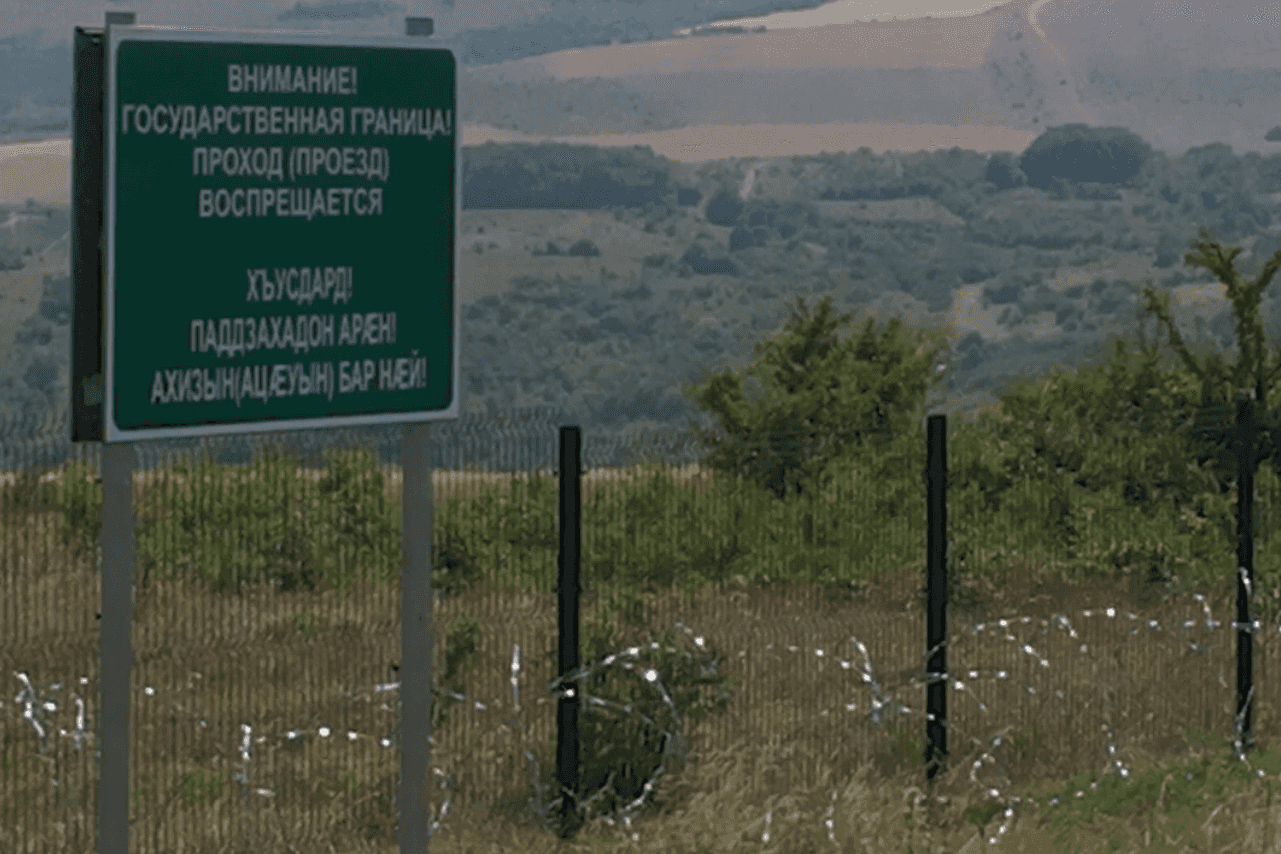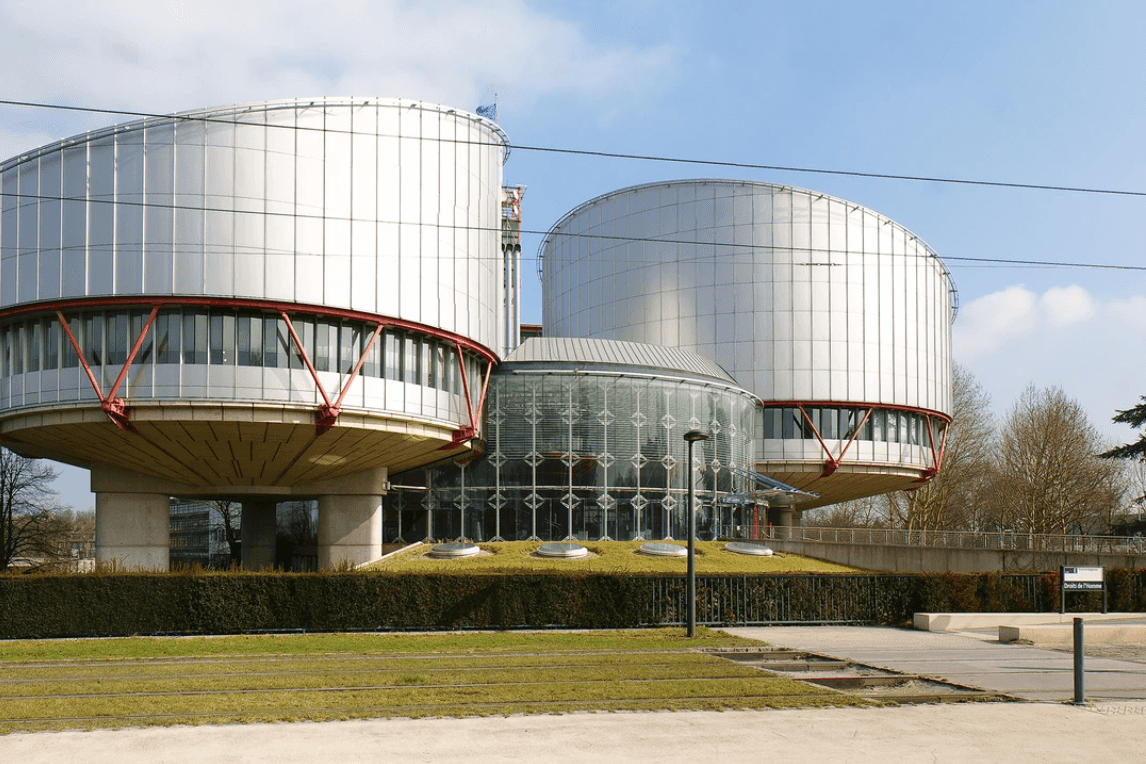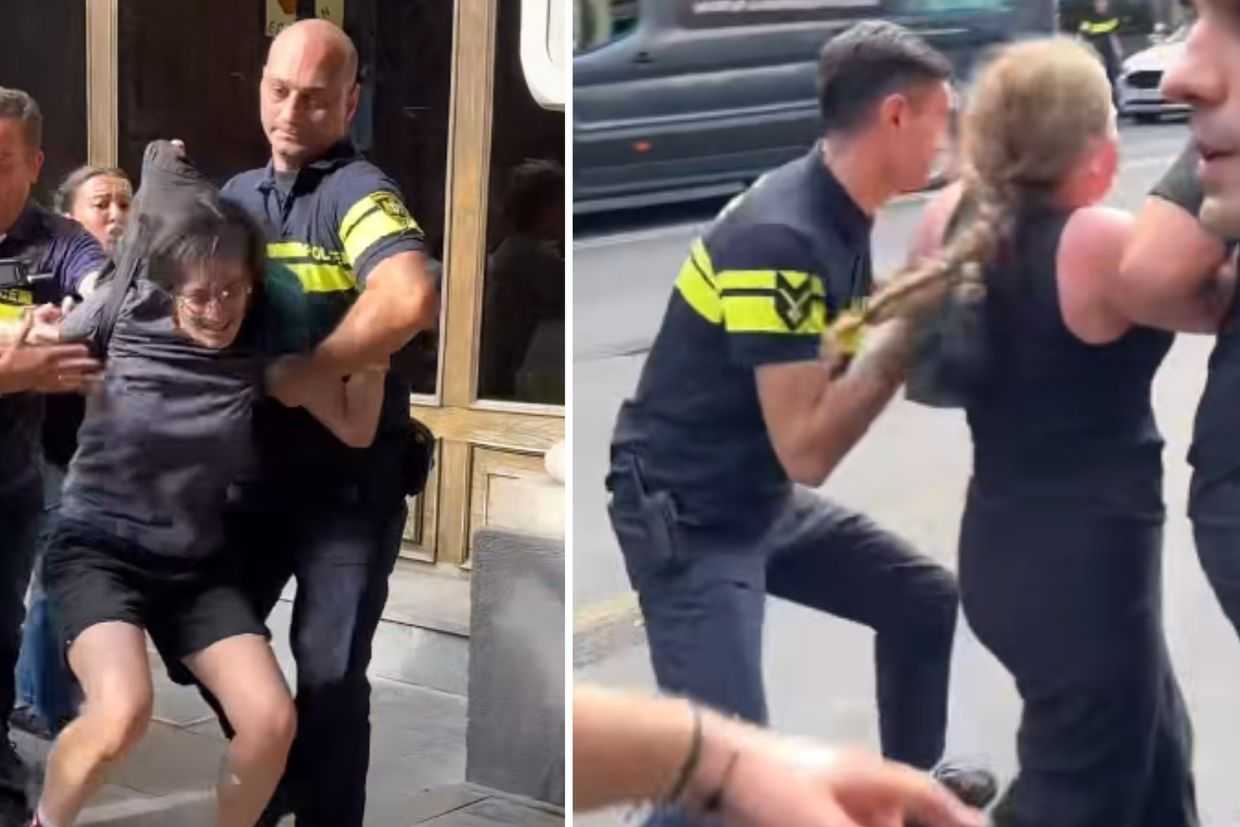Voice from the Georgian–South Ossetian conflict | ‘I am not convinced, even now, that everything is over’

M K, 37 years old, Tskhinval
‘My Soviet childhood was very happy. I thought that my whole life would be like a fairy tale. But the fairy tale ended abruptly.’
‘My whole family is ethnically Ossetian. My mum was originally from Leningor while my dad’s family came from Tskhinval. My parents met in Tbilisi where they both studied. They decided to get married and then stayed in the city.’
‘We lived in a big multi-story block of flats with friendly neighbours. The whole neighbourhood used to gather in the yard, and the adults would spend time talking or dining together while the children played nearby; sometimes the men would play cards, backgammon, or dominos. It was always cheerful.’
‘We had neighbours from various ethnic backgrounds — Armenians, Yazidi, Kurds, Georgians, Ossetians, and Jews, but there was no difference between them, ever. We were all equal.’
‘Stories like this were numerous’
‘I would hear [while living in Ukraine] that anarchy had already started taking over Tbilisi. They started to treat Ossetians badly — flats owned by Ossetians were being seized. But we were lucky with our neighbours. They would not let anybody get close to our flat, which is how we were able to keep it. But my mum’s brother was not treated as well: they beat him up, even though he was elderly. He was caught by some Georgians and they beat him so brutally that he lost his eyesight. He suffered multiple broken bones, including broken ribs. His diabetes and increased level of blood sugar also contributed to his blindness.’
‘As soon as he regained his ability to walk, he moved, leaving the city behind. Now his wife, daughter, and grandchildren all live in Vladikavkaz, North Ossetia.’
‘I know that there was a bus from South Ossetia to Georgia. They captured the bus and forced the passengers out. They made the men take off their clothes, poured cold water on them, and chased them into huge, refrigerated trucks. They only let them out once in a while in order to pour more water over them and then sent them back into the trucks. Of course, many did not survive and others have had to live with disabilities.’
‘My aunt was caught in a winter that had a lot of snow and frost. She was forced to enter a river, in ice-cold water. This also happened close to Georgian villages, because the villages located in South Ossetia were mixed — an Ossetian village, then a Georgian one, and then again an Ossetian, which was followed by a Georgian. So stories like this were numerous. And my attitude towards Georgians, even though they did not do anything wrong to me personally, grew extremely negative.’
‘The city had changed drastically’
‘I returned to Tbilisi in 1998, because my father had fallen ill and I needed to take care of him. When I returned, I saw that the city had changed drastically. I don’t know – maybe this was just my perception, but I felt it had become alienated somehow.’
‘Neighbours, it seemed, were kind to me. But they would tell me things like “It’s a pity that you are Ossetian. If you were one of us, you would not have any problems getting married and settling down here. But you are Ossetian. A very good person, though.” ’
‘Many Ossetians who I knew suddenly began calling themselves Georgians — and God save us if someone would tell them they were Ossetians. They changed surnames and added “shvili” to the end, as if changing their surname would change their personality.’
‘By the time I departed [Tbilisi], Eduard Shevardnadze was the Georgian leader and everything seemed to calm down. I wanted to believe this, but I just couldn’t.
‘I do not believe to this day that anything will change. To tell you the truth, I am still waiting for yet another trick by them. It was not unexpected back then that things like this were taking place — they have always been sneaking around, trying to harm the Ossetian people. I am not convinced, even now, that everything’s over.’
‘You literally felt that life had stopped completely’
‘In 2008, when the war broke out, I was at home fast asleep. Only after they had started shelling did my neighbours attempt to break into my house, fearing that I would stay and something would happen to me. They tried to get me to the basement, but, still half-asleep, I couldn’t understand what was going on. The neighbours eventually managed to get me down into the basement. The building was shaking because of the explosions; we could feel them even in the basement. It was like a powerful earthquake.’
‘We probably spent around five days there. Even after the shelling was over, some people did not want to leave; they did not believe that everything had finished. We were not going to leave them alone, so the entire neighbourhood stayed sitting in the basement.’
‘During the few times it was calm, we would occasionally get out of the basement and walk beyond the entrance.’
‘What was most horrible to see were the ruins all around us, roads covered in holes. Yet another dreadful moment was realising there were no sounds of children. No childish laughter, nothing. This is what was the most horrible. You literally felt that life had stopped completely.’
‘When I lived in Tbilisi, I had a neighbour, a friend of mine. We had been friends almost since we were born. We still keep in touch periodically through the internet. They seem to be doing alright. I have never asked her about these events — we were friends and I don’t want to open up a new aspect of her that I did not know before.’
‘I am afraid of asking her. What if she supports what the authorities say? That is why we always discuss neutral topics. And she never asks me, as she knows that I will be straightforward about what I think. It seems she does not want to hear it either. We just talk about things like family, children, and our shared childhood. Politics is a no-no for us.’
‘Our religion is our culture’
‘When my mum was dying, when she felt she was living her last days, she gathered all of us and asked to be buried in the village my father was originally from. We had never thought we would ever have to move there, so we tried to change her mind. We told her that it would be easier for us to visit her grave if she were buried in Tbilisi.’
‘This was her last wish, however, and so we buried her in the village. After her death, my father fenced off the plot, leaving space for himself. He is now buried there as well.
Sadly, during the 1990s, the village was erased from the earth by the Georgians. There is nothing left but this small cemetery and a shrine that’s not too far away. To my great sadness, I currently have no access to the graveyard, because they made the territory adjacent a military training ground that has frequent drills. Two years ago was the last time I managed to visit my parents’ graves. All my attempts since then have failed.’
‘I have been trying to bring this issue to the attention of the authorities and agencies in charge, to make them understand that they should not be doing this. For Ossetians, the graveyard has always been considered a sacred place that no one should disturb. But at the moment, the authorities do not care. It is not important to them.’
‘I try my best to stick to our traditions, our culture. I am very interested in this and I want to explore further, to learn more than what we are taught.’
‘I used to brand wooden planks, for baking Ossetian pies, with Ossetian ornaments and designs from the Nart sagas. I have started painting bottles in an Ossetian style. I hope that I will continue beyond this and learn something new. I would like people to be more serious about Ossetian culture and religion — our religion is our culture. Only then, I think, Ossetia will survive, will get back on its feet and become stronger.’
[Read from the other side of the conflict: M M, 47 years old, the village of Dvani, Kareli municipality — There is no alternative to peace’]
The is an edited version of a story recorded by Irina Kelekhsayeva for George Mason University, with funding from USAID, and the UK Conflict, Stability, and Security Fund. All place names and terminology used are the words of the authors alone, and may not necessarily reflect the views of OC Media or George Mason University.









